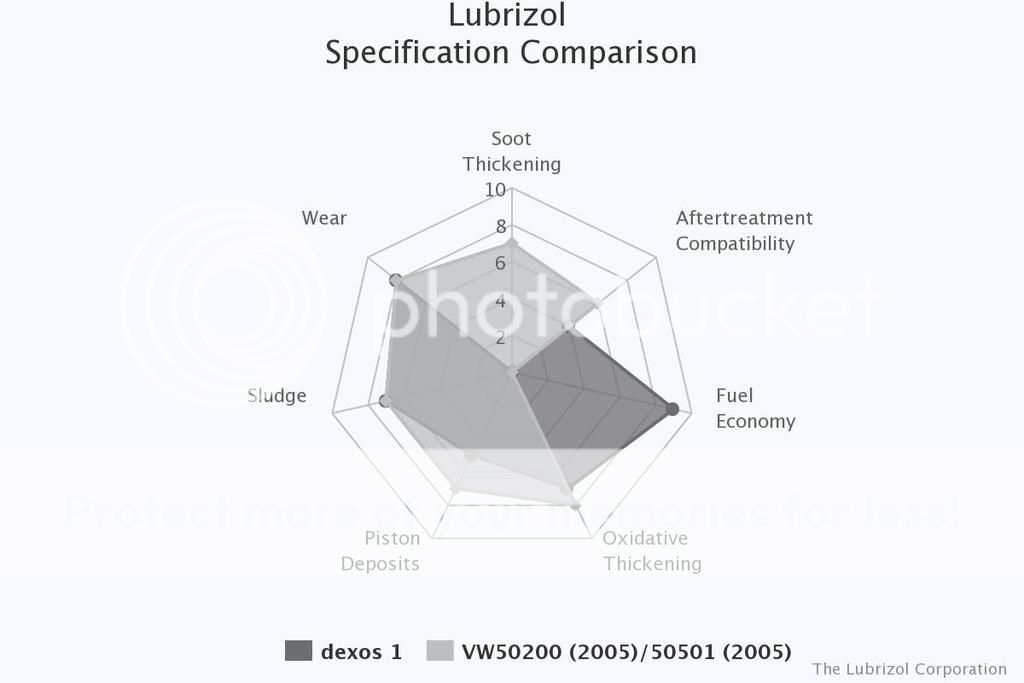I was at a Meijer location Friday and saw an older man contemplating the house brand synthetic that was priced at BOGO 50% off.
I offered that I'd used the oil on 5K drains with no issue but I didn't know whether it was capable of running to the 8-9K the MM of my '12 Accord would allow.
He said that he has a '14 Accord and never ran more than 4K drains. I told him that the 0W-20 grade of this oil would be fine for that.
I then noticed that this oil carried the dexos 1 logo and so was a dexos licensed oil.
If an oil is actually dexos licensed, can one assume that the oil would be adequate for GM IOLM drain intervals as well as those of Hondas by extension?
It would seem so.
That a twelve buck a jug oil on frequently offered store deals could do this seems pretty impressive.
I offered that I'd used the oil on 5K drains with no issue but I didn't know whether it was capable of running to the 8-9K the MM of my '12 Accord would allow.
He said that he has a '14 Accord and never ran more than 4K drains. I told him that the 0W-20 grade of this oil would be fine for that.
I then noticed that this oil carried the dexos 1 logo and so was a dexos licensed oil.
If an oil is actually dexos licensed, can one assume that the oil would be adequate for GM IOLM drain intervals as well as those of Hondas by extension?
It would seem so.
That a twelve buck a jug oil on frequently offered store deals could do this seems pretty impressive.



